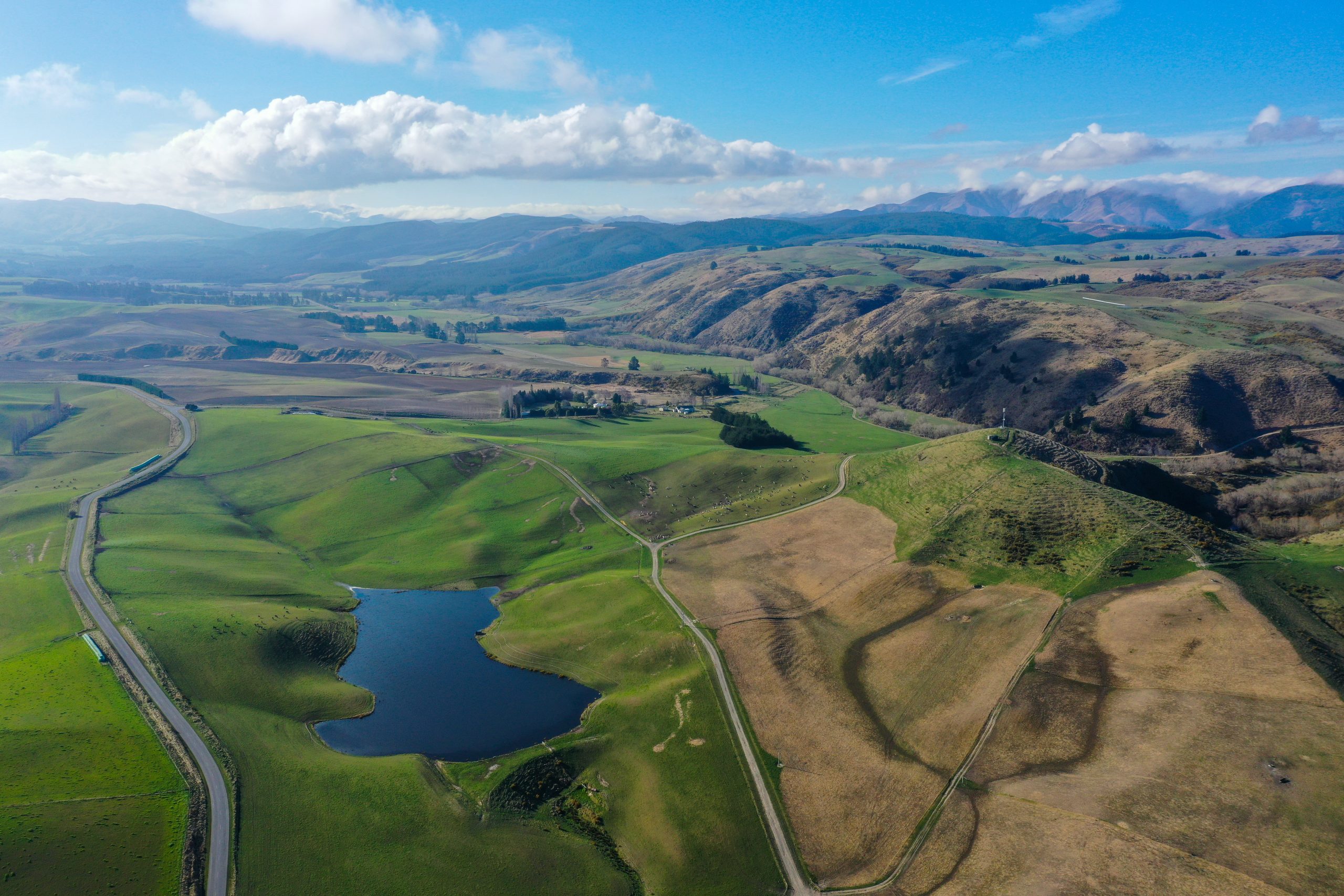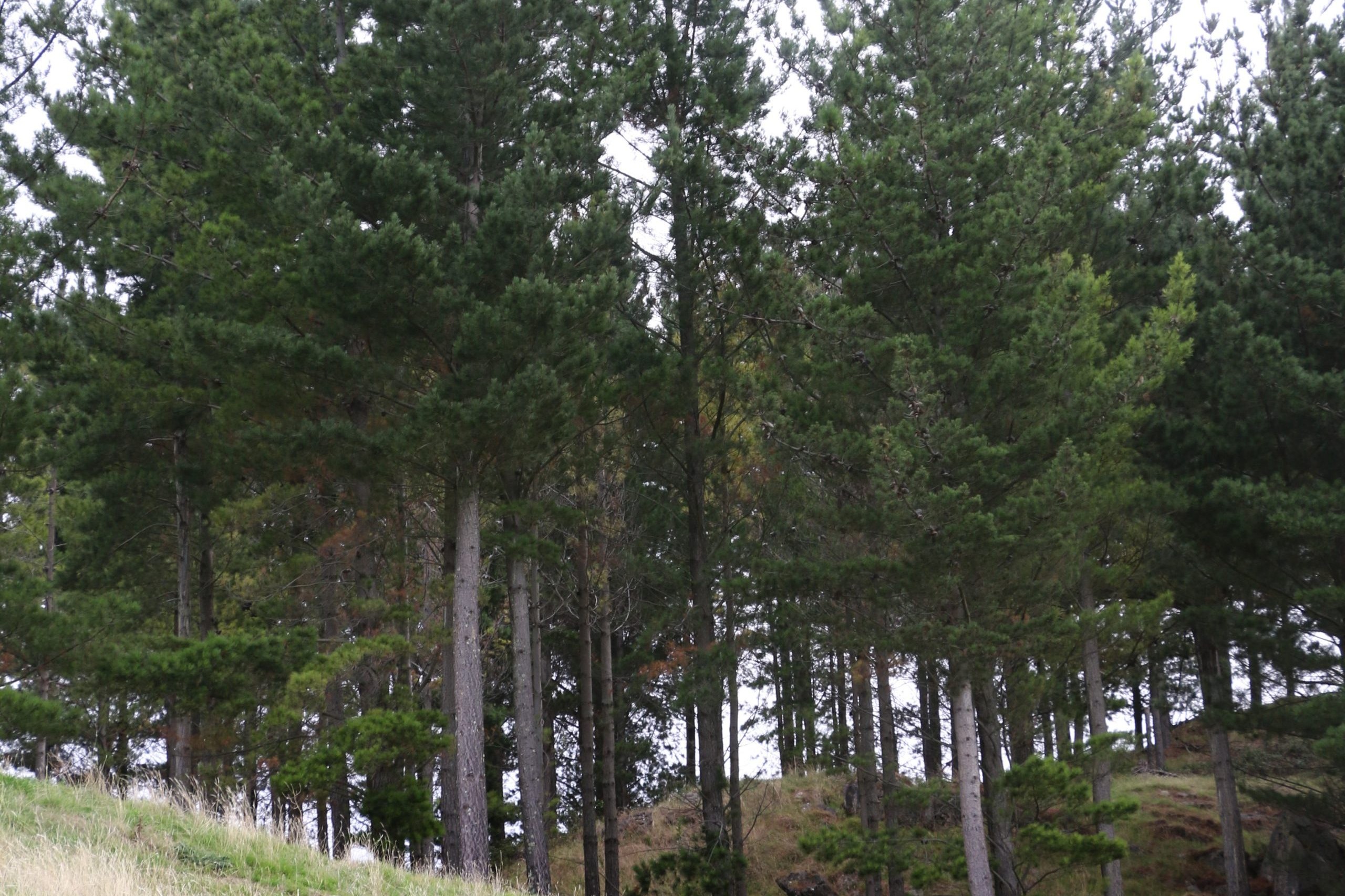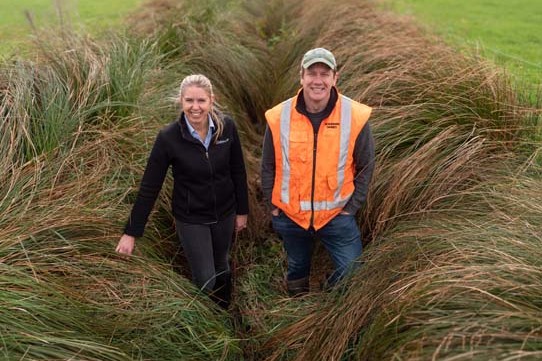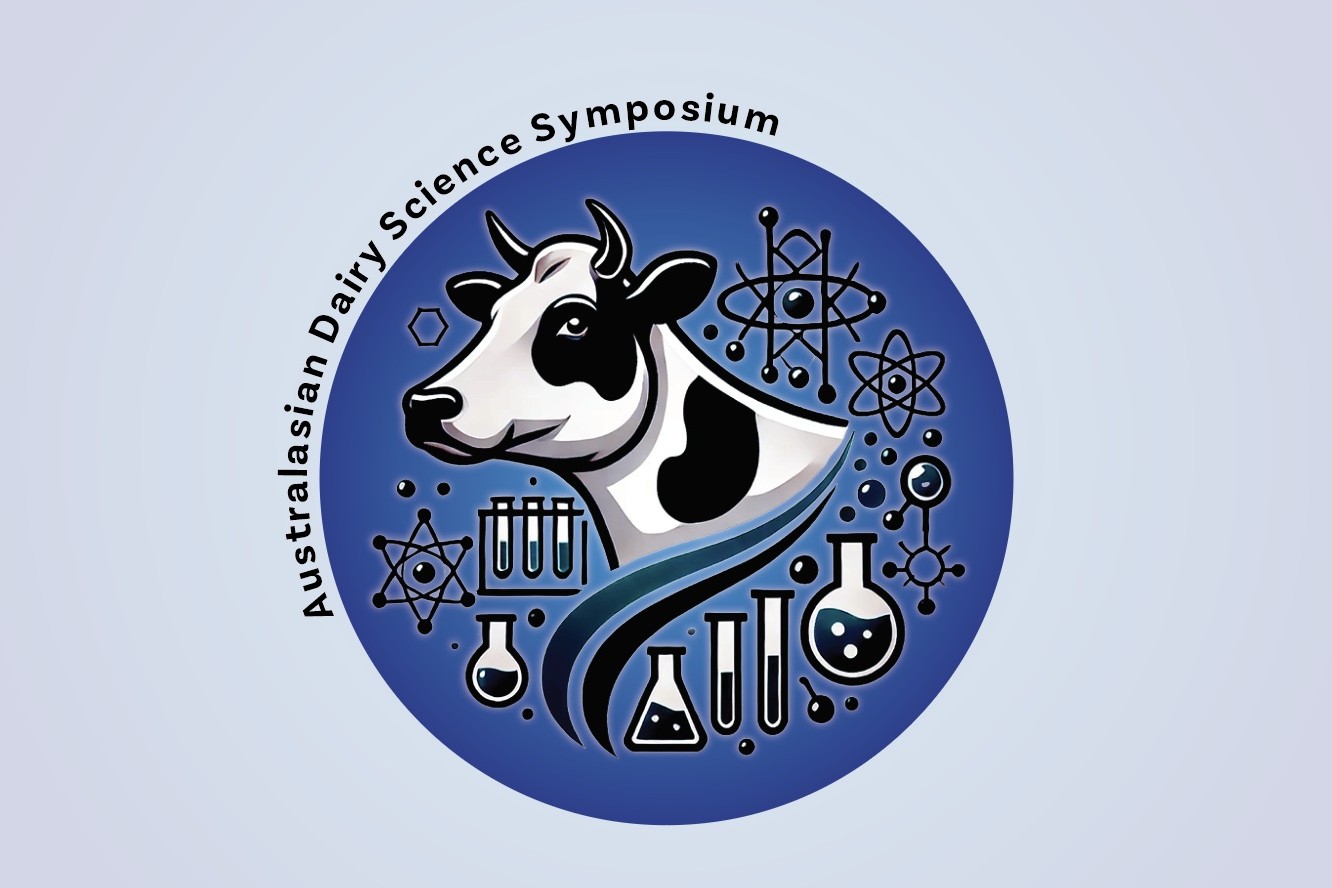Words and photos by: Karen Trebilcock
There is a sign on a Dunedin office door that says ‘Flemish Interpretive Dance Society’.
But rather than a niche European cultural group, behind it is a possible solution to New Zealand farmers’ greenhouse gas problems.
For those in the know, the sign was an ongoing joke, Southern Medicinal executive director Greg Marshall said.
Since 2017 he’s been heading a small team, currently six people, which aims to have up to 170 hectares of Southland dairy, sheep and beef farms planted in hemp this spring.
The plants will be low in THC but high in cannabidiol (CBD) and, most importantly for dairy farmers, will reduce greenhouse gas emissions.
Greg wants the plants to be in riparian areas to soak up nitrates from grazed pasture, stopping them from entering waterways.
With no fertiliser, pesticides or herbicides used to maintain the value of the harvested cannabidiols, the hemp will continually absorb carbon through the growing season.
Although it is harvested in autumn, cut off at ground level by hand, companion plantings used to control insect pests will remain growing in the riparian areas during winter making sure the area is not left bare and prone to soil erosion.
And although Greg would prefer for cattle not to reach over the fence to eat it, if they do it wouldn’t be all bad. Studies in North America show ruminants grazing on hemp produce up to 25% less methane.
“Cattle have been eating hemp for centuries,” he said. “Oregon State University has done a lot of research on hemp as an animal feed. Animals are healthier and happier on diets which include hemp.”
Hemp unavailable asanimal feed However, it is still illegal to feed it to animals in NZ.
“We’re lobbying for that to change. Imagine promoting a fillet mignon in a restaurant from an animal grazed on hemp.
“The plant comes from Nepal and Tibet and has been a significant commodity in the world for thousands of years for things like rope, animal feed and medicine.
“It’s a natural product with many health benefits, but big pharma has been stopping its use.”
Greg, who has a background in computer science and financial markets in NZ and the United States, became interested in hemp when he read a book in 2015 about the human endocannabinoid system (ECS).
ECS is a complex cell-signalling system identified in the early 1990s which plays a role in regulating a range of functions and processes in mammals including pain, sleep, mood, appetite, memory, reproduction and fertility.
Endocannabinoids are molecules produced naturally in the body and are similar to the cannabinoids found in hemp.
“We’re entering a brave new world.”
Southern Medicinal already has about 20 Southland farmers on board and funding from farmers as well as Dunedin investors.
Since news broke of the programme last month, interest has been coming in strong.
The city’s independent agribusiness company AbacusBio has helped with research and contacts.
“We’ve found a lot of growers through word of mouth as well and Great South has also reached out to us,” Greg said.
The former Mataura Paper Mill, in the news recently for storing ouvea premix from the Tiwai aluminium smelter, has been converted into a 400 square metre propagating nursery.
It will provide the plants in spring and, in autumn, a hemp mill on the site will process the harvested plants from farms.
The paper mill, which closed in 2000, was chosen as it was central to Southland farming, had enough floor space to expand operations and had its own on-site hydropower plant.
Plans are to extend the nursery to 2000 square metres, and process hemp grown on 500 hectares.
The company’s business model is based on 150 farmers growing from 2ha to 5ha each.
“The plants will grow a metre apart and the special thing about Southland, with its long sunshine hours, is that we can plant them right up until Christmas.
“The plants will only grow about a metre to a metre and a half high and will be bushy.”
With no fertiliser, pesticides or herbicides used to maintain the value of the harvested cannabidiols, the hemp will continually absorb carbon through the growing season.
Greg said as cannabis plants were taller, illegal growers would not be able to hide their crops amongst the hemp.
He estimated farmers would yield 500kg per ha with prices starting at $100 per kg.
Hemp seed nets farmers about $5000/ha.
“We’re using quality genetics. We want to grow the very best plants.
“Southland also has some unique growing conditions, such as high levels of UV light, which stresses the plants differently so they produce what we want.”
He said the company could purchase land and grow hemp as a commercial product but their intention was not only to produce and develop medicinal CBD products but also to provide farmers with alternative revenue streams and reduce nitrogen and carbon emissions on farms.
“We can see the issues Southland dairy farmers are facing with the upcoming regulations and we want to be part of the solution for them.”
We would like to work with Fonterra and Beef + Lamb NZ but so far the timing has not been right for them.
“However, we will continue to look for ways to engage.”






